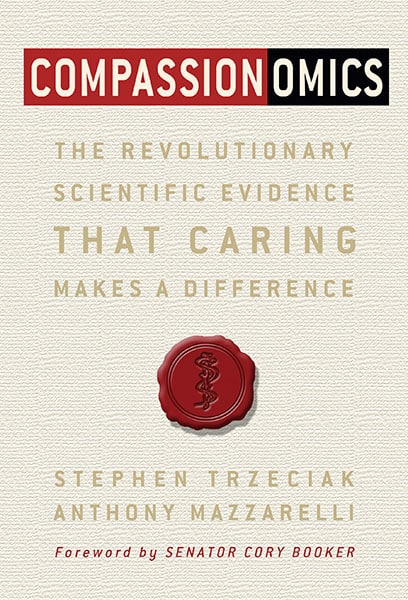The First 90 Days – Sign Up here to begin this free course
The First 90 Days

In the healthcare arena, where people have to work closely together in pursuit of a shared goal, convincing others of a common vision matters. Skillful influencing relies less on power and is more than effective communication. Medical orders, for example, are direct, concise, and given by one with authority. It tells the person on the receiving end precisely what to do next. However, sometimes, even in the case of a perfectly executed order, the desired results may not be achieved. And sometimes a leader with supreme authority struggles to build consensus and support. So how can you be effective in your communication, appeal to the listener, and make people want to hear more?
Success in influencing requires you to have the ability to read other people and the situation.
Fortunately, good, even great communication skills can be learned. Chances are, you’ve already developed a few techniques and your natural communication style is effective. But success in influencing also requires framing your message to appeal to and make sense to your colleagues. Using influencing skills and behavior rather than power sends a message of respect to team members. It results in actions that are voluntary rather than coerced. As a consequence, quality improves. Engagement improves. The team has enthusiasm for what it is doing, and the people of the group are inspired to contribute.
To illustrate fine-tuning a presentation for listener appeal, one of my clients wanted to grab the attention of his colleague. Both were members of a national organization, serving on the same committee aimed to improve value-based care, and my client’s colleague was the committee lead. My client had wrapped up weeks of research for the organization to create a national database for surgical subspecialists by partnering with a third-party vendor. Knowing alternatives would be considered (e.g., partnering with a different vendor or building the database internally), how could he leave a positive and memorable impression of the findings and not come across as opinionated and dull? We explored what some objections might be, and how he might overcome them. He developed ways of enthusiastically expressing what he wanted to say at key points in the upcoming conversation. Ultimately, he crafted a compelling message based on the motivations of the lead and the committee, mobilizing the group to act with the future needs and opportunities of the organization in mind.
Inspiring leaders create a sense of belonging in a group, creating an emotional bond or spirit that makes people feel they are part of something larger than themselves.
Inspirational leadership is defined as arousing enthusiasm for a clear and elevating picture of a better future. Regardless of position, physicians with this competence step forward and lead as needed. They can bring people together, get others to participate in decisions and changes, and they ask for the help that they need. They articulate a sense of common purpose beyond daily tasks, make work exciting, and inspire colleagues and team members to follow. Teams thrive when their leader can create a sense of belonging in the group. And they love it when credit is shared, and results achieved are presented as a collaborative effort from all members.
Creating a sense of belonging involves co-inventing the potential of the present. It involves thinking about what can be done and making that thinking transparent. Undoubtedly, when envisioning a new future, obstacles surface. Physician leaders who inspire and motivate their colleagues to attain the future state think big picture. Thinking the unthinkable requires focusing on what is or what is not happening today to carry out a new way of doing and being. And to garner that shared commitment amongst the team, the inspirational leader imparts information that grabs the audience’s attention and makes them want to hear more. If you want to urge new behaviors, outcomes, attitudes, and emotions, communicate frequently, passionately, and enthusiastically. Articulate the good reasons for your picture of a better future. Your colleagues will want to hear more and will ultimately retain more if they see themselves with you in the picture.
Tip #10 – Make your thinking transparent.
Strategy #10 – Openly discuss high-level issues with your team or group, seek substantive input, share credit, and create opportunities for ownership.
Teresa Dean Malcolm, MD, FACOG, MBA, CPE, CPXP, is zealous in her belief that an exceptional experience in clinical care, the human(e) experience, is achievable through meaningful and authentic relationships with others. She has served in executive positions, integrating people with process and purpose, and successfully aligning the ideas of the team with a compelling vision. Her coaching philosophy, The Malcolm Method, is rooted in trust and supportive accountability. Through thought-provoking conversations, she strives to deepen the awareness of her physician clients and further their actions, thereby helping them to thrive as they lead. Dr. Malcolm (known to her friends and family as Terri) is a loving wife to her husband, Nate. Together they have three charming and athletic boys, Nathaniel, and twins, Roman and Colton.



